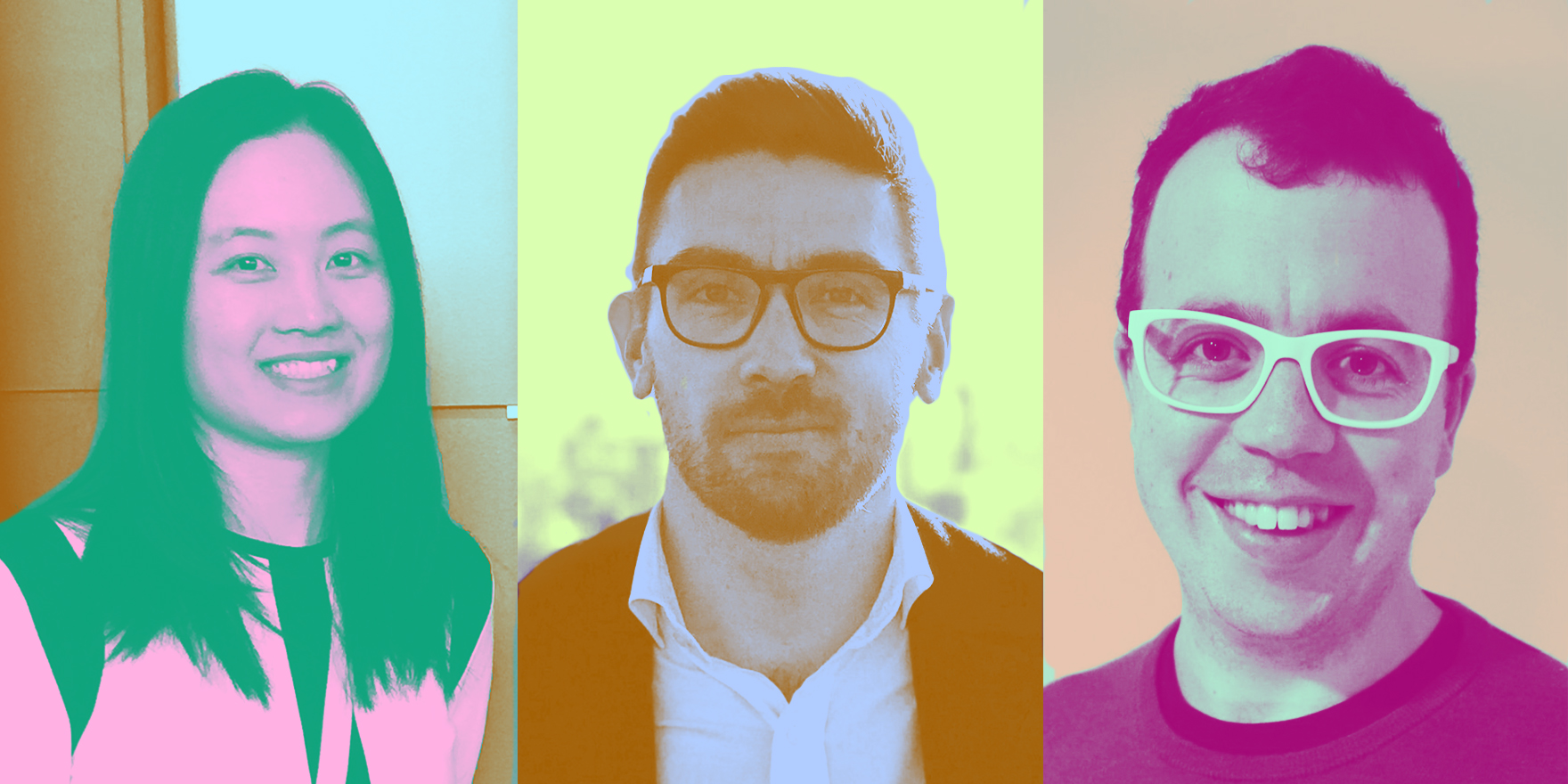Doctors are drastically underestimating their patients’ desires to slim down
Most patients living with obesity have made serious weight loss attempts, but many doctors assume their patients aren’t interested, an international survey shows.
The study, which was presented at the European Congress on Obesity in Glasgow and accepted for publication in the journal Diabetes, Obesity and Metabolism, revealed a major misalignment between the attitudes of doctors and patients across 11 countries.
In the survey, doctors estimated that around 65% of their patients had not made a serious weight loss attempt in the past. (In reality, this only applied to 19% of patients.)
Around 70% of healthcare professionals said the top reason they did not initiate a conversation was because they perceived the patient wasn’t interested in weight loss.
But only 7% of people with obesity said a lack of interest was their reason for not starting a conversation. This silence was more to do with 81% of patients feeling that weight loss was their personal responsibility.
More than two-thirds of patients wanted their doctor to talk about obesity. But, on average, patients had to wait six years between first struggling with their weight and having a conversation about it with their doctor.
The survey included around 14,500 adults with obesity and around 2,700 healthcare professionals from Australia, Chile, Israel, Italy, Japan, Mexico, Saudi Arabia, South Korea, Spain, UAE and UK.
“Obesity is not due to lack of willpower or moral fibre,” Dr Georgia Rigas, the chair of the RACGP Obesity Network and a co-author of the study, said. “No one chooses to have obesity.”
Measuring the BMI and waist circumference of all patients every two years should be the norm in general practice, she said.
“This study highlights the need to take affirmative action to stop fat shaming and weight stigma which is rife in the community and among healthcare professionals.”
The study results aligned with what we already know about obesity treatment in Australia, Alison McAleese, a dietitian and the campaign manager at LiveLighter (a health education campaign), said.
Two-thirds of Australian patients with obesity felt comfortable talking to their doctor about their weight. But doctors reported difficulties starting a conversation as they did not wish to embarrass or upset their patients, she said.
While the AMA still did not classify obesity as a disease (in contrast to the WHO), this study showed that 88% of healthcare professionals and 68% of patients with obesity thought the condition was a disease, Professor John Dixon, the head of clinical obesity research at the Baker Heart and Diabetes Institute, said.
Despite the deadly nature of obesity-related complications and the extreme difficulty of keeping weight off in the absence of support from healthcare professionals, there were still no obesity medications on the PBS and very limited access to bariatric surgery in the public health system, Professor Dixon said.
“From my perspective, what’s the point in doing another study?” he said. “What’s the point in showing that bariatric surgery works or that drugs are actually very effective?”
Dr Kean-Seng Lim, the president of AMA NSW and a GP in Western Sydney, said lack of funding was a major barrier to obesity treatment.
“The study says that doctors should talk to patients about losing weight,” he said. “But after talking to them you then need to do more than that.
“In our practice, we know that with an eight-week group session for overweight diabetics we can achieve a sustained weight loss of an average of 2kg per person after six months, and that’s sustained until 12 months.
“But we cannot offer similar services to non-diabetic patients because current funding arrangements under Medicare do not enable this.
“If we were able to offer similar programs to patients without established diabetes, it would be interesting to see if we could actually reduce the rate of diabetes in the community.”


